Producer David Bottrill on Dream Theater, Tool, Muse and more
Plus, Stone Sour, Silverchair and Martin Scorsese

Producer David Bottrill on Dream Theater, Tool, Muse and more
"I go into every project thinking it's going to be enormous, I'm an optimist. I go in to it thinking, 'This is great music, people need to hear this.'"
Given his track record, Grammy-winning producer/mixer/engineer David Bottrill has every right to assume each project he works on will be a hit. From Martin Scorsese soundtracks to epic prog masterpieces, the Canadian has worked with some of the finest musical minds of his time in a success-packed career.
Just prior to the release of the new Stone Sour record House Of Gold & Bones Part 1 we got on the phone with David, eager to hear his memories of working with Muse, Dream Theater, Tool and more.
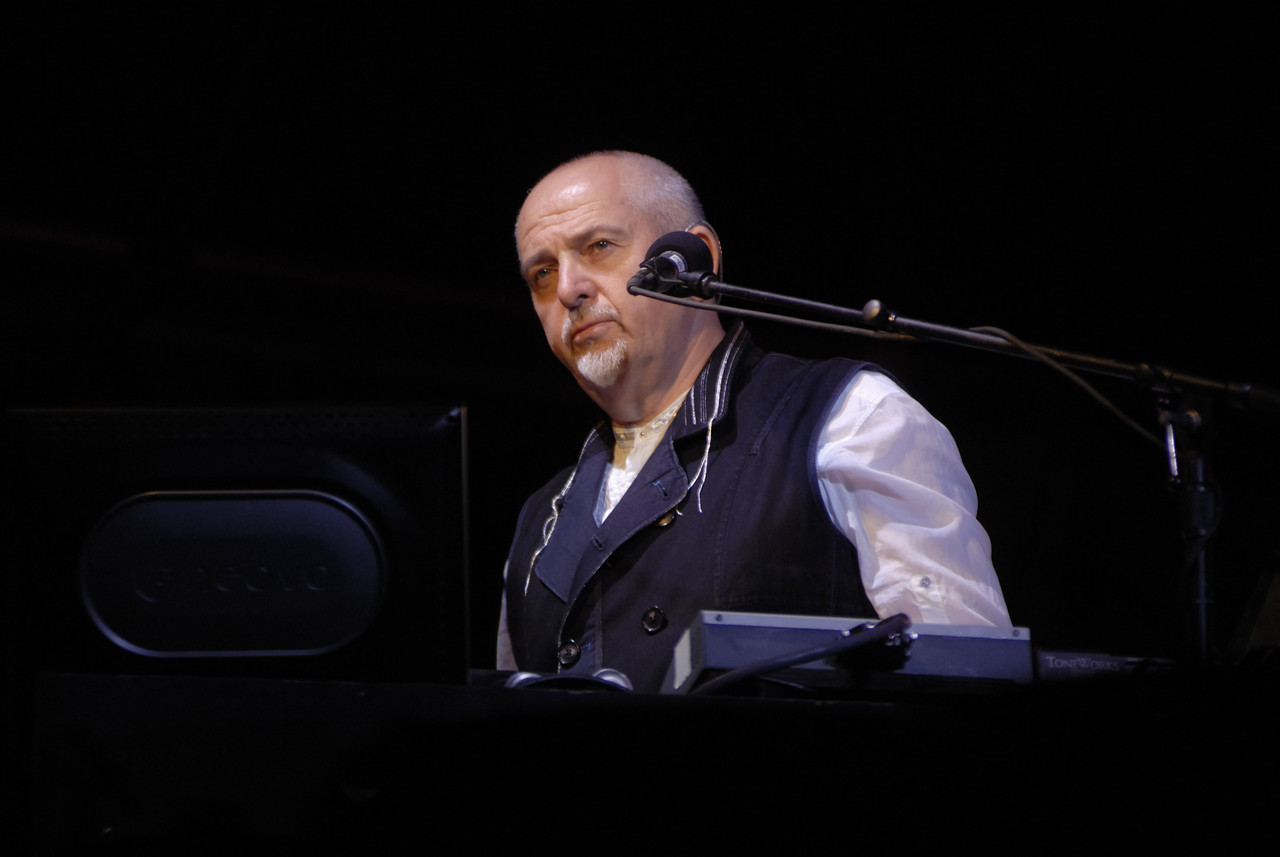
Early days with Peter Gabriel
“I started in Hamilton, Canada in a studio called Grant Avenue Studios which was run by Bob and Daniel Lanois, Daniel more famously known for U2. This was before he was well known. I was assisting and making tea for Brian Eno. I was the tea boy on the ambient series of records back in 1983/84.
"I then started working for Peter Gabriel and stayed for 11 years working at Real World in Box. I spent a lot of time learning the craft of recording with Peter. He’d call me up late at night and say, ‘I’ve got Billy Cobham here, come set up the drum kit!’ It was both frantic and painstaking. It was a great gift to work on music that I would never have been exposed to before.“
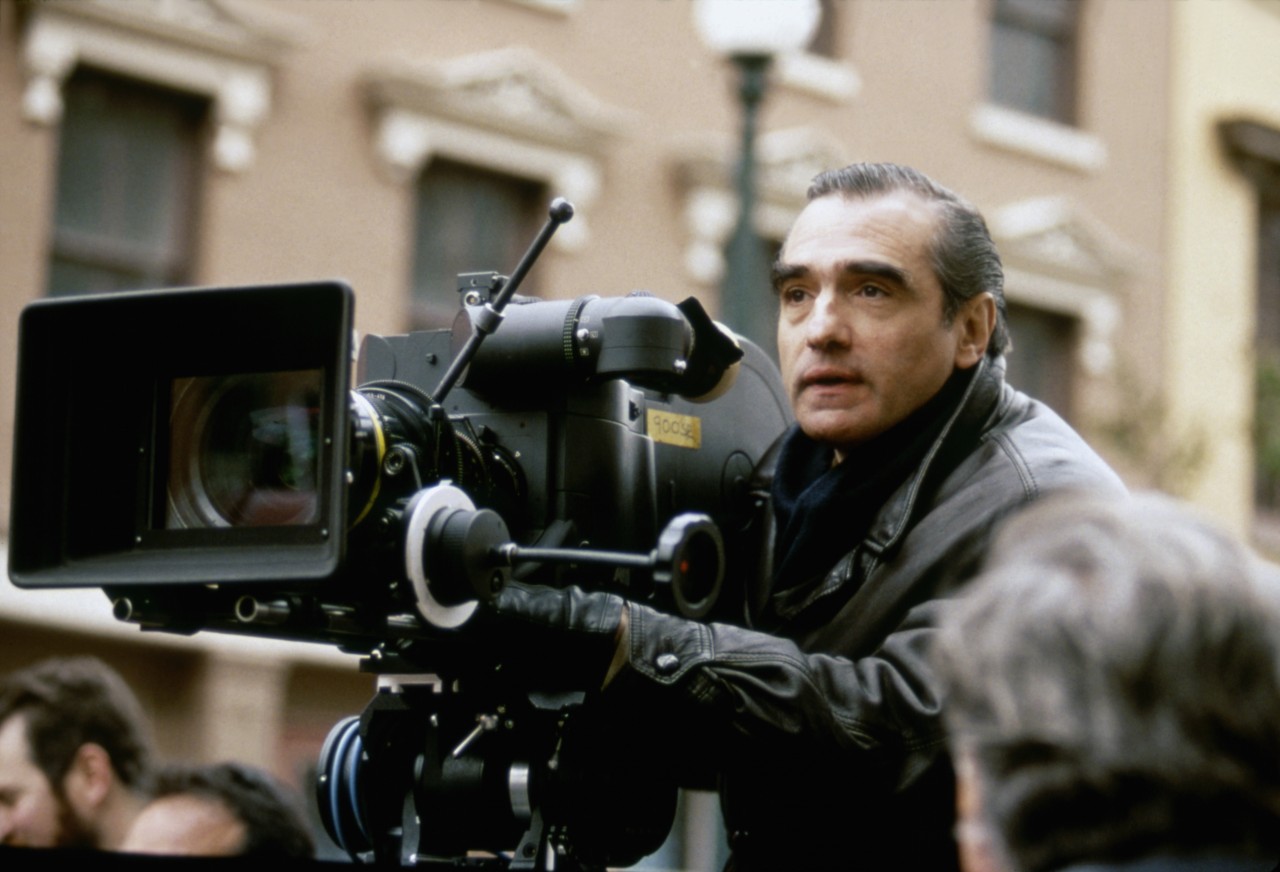
Last Temptation of Christ (1988)
“We [David and Peter Gabriel] did the soundtrack for [1988 Martin Scorsese movie] The Last Temptation of Christ and Peter was able to tap into so many different styles of music and countries of music. A guy would walk in with a thing and I kind of knew what it looked like and it had strings so I kind of knew where to put the microphone!
"It was a great experience. We’d get people in from the Womad touring group and you’d have all of these people who didn’t speak the same language but could understand each other through their music. It was extraordinary to watch.
“I feel pretty good about that one I did. It’s popular among musicians. With the general public some got it, some didn’t, but who buys a soundtrack album? It’s instrumental, it’s not a pop record. But I think musically it was very groundbreaking at the time. I’ve spoken to film composers who for a long time said that whenever they got a treatment of a film they were being asked to do it always came with pieces of that record on there. It was a soundtrack that everybody referenced. I was proud to have done that.”
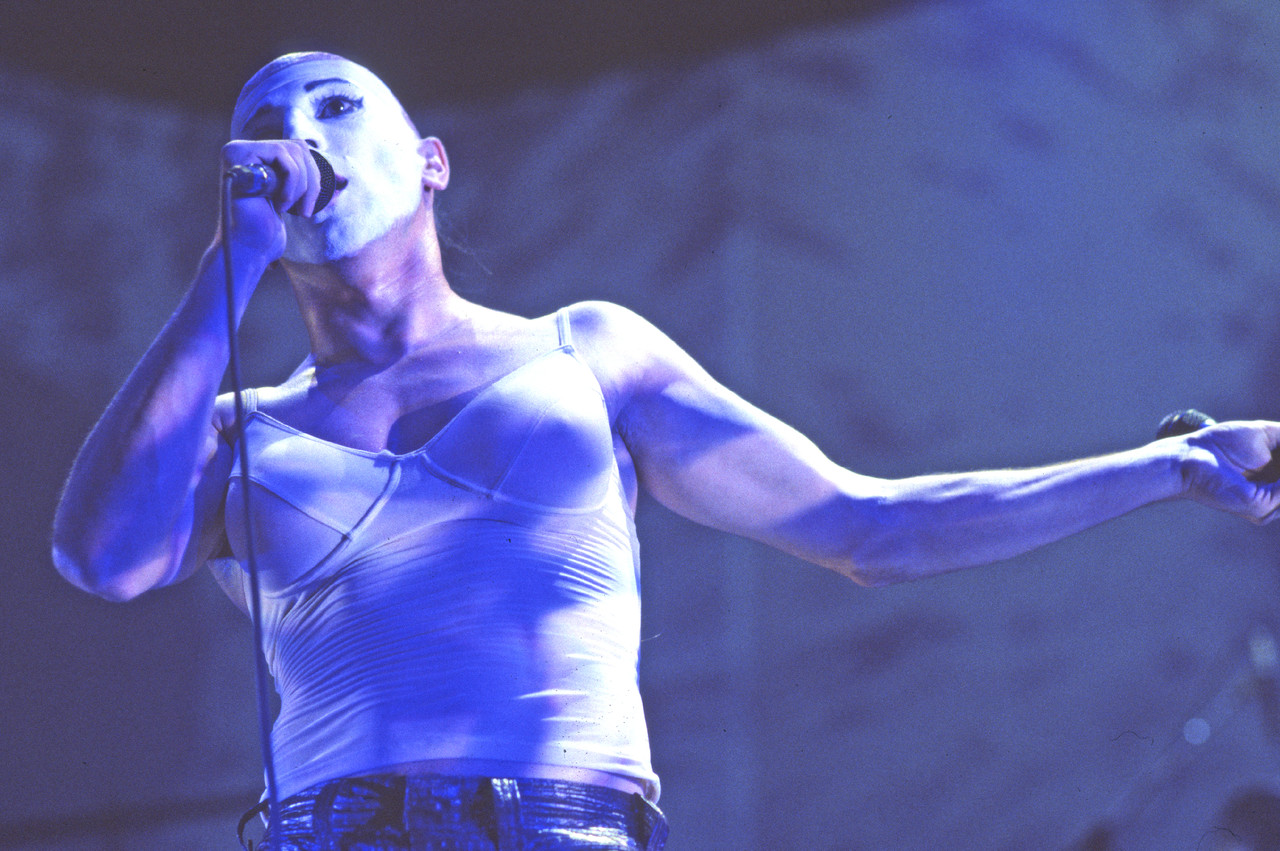
Tool - Aenima (1996) and Lataralus (2001)
“They called my management company and wanted to talk to me about doing a record. They sent me Undertow and I thought it was great but it was nothing like what I had been doing. I thought they had me confused with somebody else.
"A week later they called back and said they knew who I was and they wanted to fly me over. They didn’t want to have the people from the LA metal scene work on their record, they wanted it to be different.
"It turned out that their listening over the previous year was records I had done. I’d done a record with King Crimson; I did a project with David Sylvian and Robert Fripp that was a favourite of Adam [Jones, guitar]; then Maynard [Keenan, vocals] was keen on a lot of the world music I’d done at Real World. They’re so confident in their musical ability that they knew it wasn’t going to be bad, it was going to be different to what everyone else was doing and they were excited to try that.
"It was a great collaborative process, their style of music and my approach. On paper it probably didn’t look very good to the A&R people. But it came out as something unique.
"They’re incredible musicians - extraordinarily meticulous, great work ethics. They want it to be absolutely right but keeping the feel. They get to work every day ready to go. Not hung over, they’re ready to play, they’re on their marks and they work so hard writing the stuff that they don’t want to present it in a substandard way.
“Adam doesn’t get credited nearly as much as he should. What he does is unlike what any other guitar player I know does. His parts depend upon his tone. His pick striking - it's not shredding, the tone he gets and how he bends, where he hits the string and with what velocity, he works very hard on all of these elements on every part. It’s painstaking but the results are amazing.“
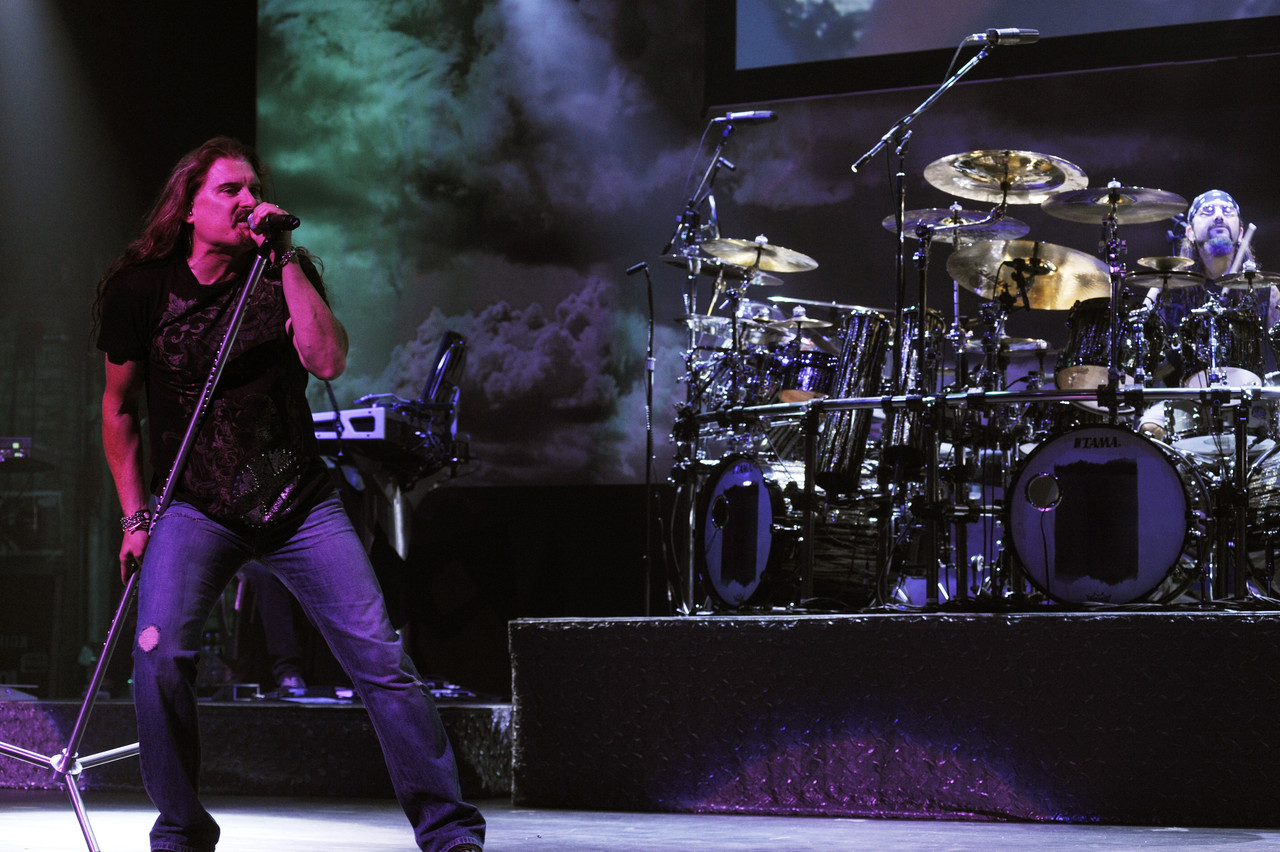
Dream Theater - Scenes From A Memory (1999)
“I guess they just found me. A lot of these things come through bands just hearing the work I’ve done. Sometimes I get projects through a label but I’d say that’s only 20% and the other 80% come through a band’s manager. I spent most of my time with John Petrucci [guitar] and a little bit with Mike [Portnoy, drums].
"Great music, very proggy, That’s the most classic prog [album] I’ve ever done. It was even proggier than King Crimson. King Crimson had gone to another area by the time I worked with them. But that was really in the whole storytelling concept album thing. Amazing players - those guys practice eight hours a day, every day of the year, they’re that kind of band. I spent a lot of time talking with Petrucci, he was a great guy. He and Portnoy were leaders in that band.”

Muse - Origin of Symmetry (2001)
“They approached me - I knew a little bit about them. I heard it and thought the quality was high. Chris [Wolstenholme, bass] and Dom [Howard, drums] are a solid, solid rhythm section. I wouldn’t say there’s any flashiness there, but they create a bed for what Matt [Bellamy, vocals/guitar] wants to do and Chris’s distortion sounds on his bass, he was just starting to experiment with what sounds he could get and what he could use.
"Matt is one of those guys that is slightly ADD but incredibly creative. He’d be in the middle of one overdub and he’d want to stop and get down another idea. My job mostly with him was making sure he completed each idea! He’s very talented. He and [Silverchair’s] Daniel Johns have that similar nature of being incredibly creative but needing a little help in completion. They both get quoted as musical geniuses and that’s not an unfair moniker for either. They have that slightly world distracted character to them; they’re always writing something in their brain.
"That album was somewhat prepared and some in the studio. Matt has a lot of stuff floating in his head as he goes. I thought they’d be huge. But then I always do. I’m always very happy with the songs I’m working on.”

Silverchair - Diorama (2002)
“They’re super to work with. I loved Australia. Great musicianship. I love the album we did, I know it fell through the cracks but it was a great experience. It was great to work with [orchestral arranger] Van Dyke [Parks]. He’s not a big man but he can command an orchestra very well. It was wonderful to do that, to follow the scores. I’d say my score reading is at remedial stage at best and being able to follow the score as it was going was a lot of fun. I had a blast.
"Daniel [Johns, vocals/guitar] is not a sonic guy, although with guitar sounds he knows what he wants to do. But he’s more, ‘This is what I want to come out at the end from what I’ve written and this has got to come through.' He got his first piano just before that album and wrote two or three songs on piano having just learned how to play piano. It was a real genesis moment; you don’t get to witness it too often.”

Smashing Pumpkins - Oceania (2012)
"Billy [Corgan, vocals/guitar] was fantastic. He comes with a very bad reputation to work with, just as being difficult. I said to him about it and he said, ‘Look, there’s two things I can’t do, I can’t play drums and I can’t mix. So I get people I know to do those things that do them well.’ He has no problem with people doing work with him, as long as they come in with the right agenda. If people are coming in trying to use his music as a showreel for themselves first and the project second, that’s where he has the problem.
“It was such a fun mix to do. It was very old school. We used three consoles, all linked together. We had two 16-track 2-inch tape machines and Pro Tools going at the same time. There was no automation, no computer mixing, no recalls - he never recalls at all. If he doesn’t like the mix he’ll do it again. It was a performance that mix; with no computers you had to do it all in one go, like back in the early '80s.
"On the first mix he came in and said, ‘Yeah, that’s pretty good, but there’s something not right with this section.’ It was the guitar solo section and I said maybe the guitar solo was a bit too loud and he said, ‘Oh no, the guitar solo is never too loud!’ He laughed, he was joking but he wasn’t! I cranked the rhythm guitar a little more on that mix to give it more edge and he came back and said, ‘Oh yeah, that’s my band.’ He was a pleasure to work with.”
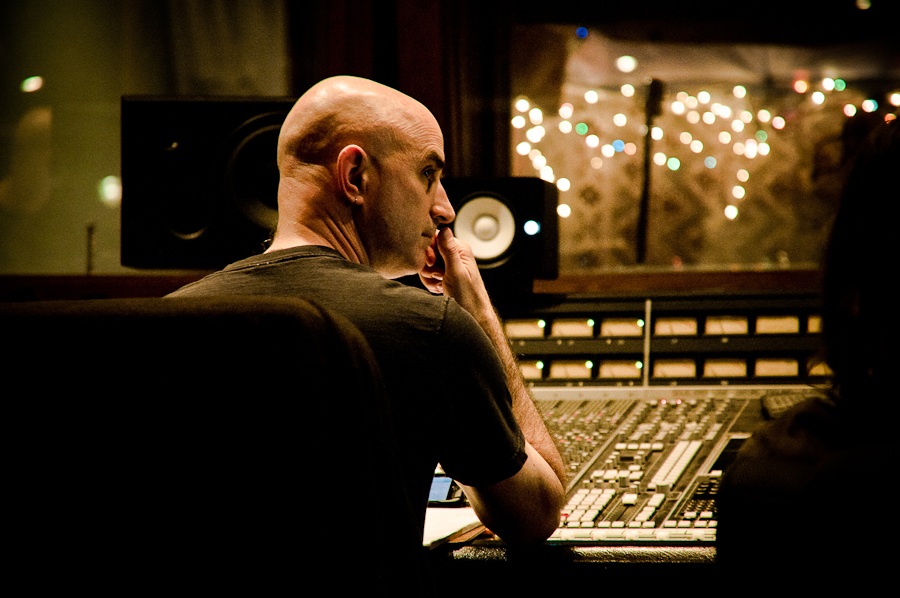
Stone Sour - House of Gold & Bones Part 1 (2012)
“The most unusual thing for me was being out in Iowa for three months! I’d never been before and it was very dry, very hot, very flat.
"The nice thing about the two guitar players is that their styles are so different and yet complementary. Josh [Rand] is very methodical. He had pages and pages of scales he wanted to try soloing on. It was very thought out, considered and practiced.
"Jim [Root] is fly by the seat of his pants. What he plays is amazing but he can’t do it again! Both fantastic guitar players. It’s not one guy trying to copy what the other guy is doing - they bring different colours and it’s that kind of Lennon/McCartney thing. They make it unique because one pulls the other in different directions.
"Corey then comes in with a great story over the top. With that huge neck of his, he pumps it out. I heard from some people saying his singing was on fire. That makes me happy because I work hard to get the best out of singers.
“They were hands-on in getting the tones as we were playing. Jim was saying it was the happiest they’d ever been with their guitar tones. But they had been so busy with Slipknot that the writing of the record was a lot more fractured and we really pulled it together in the studio I think.
"There are a couple of songs we got Corey to re-write as we were in the studio and they worked out really well. They had ideas but I think they were looking to me a little more on the production side to push them in a certain direction, staying within the framework of rock, metal and what they do. It’s a great quality record and the songs are amazing. It should do very well. Like I said, I’m the eternal optimist!”
Stone Sour's album House of Gold & Bones Part 1 is out now
Rich is a teacher, one time Rhythm staff writer and experienced freelance journalist who has interviewed countless revered musicians, engineers, producers and stars for the our world-leading music making portfolio, including such titles as Rhythm, Total Guitar, Guitarist, Guitar World, and MusicRadar. His victims include such luminaries as Ice T, Mark Guilani and Jamie Oliver (the drumming one).
